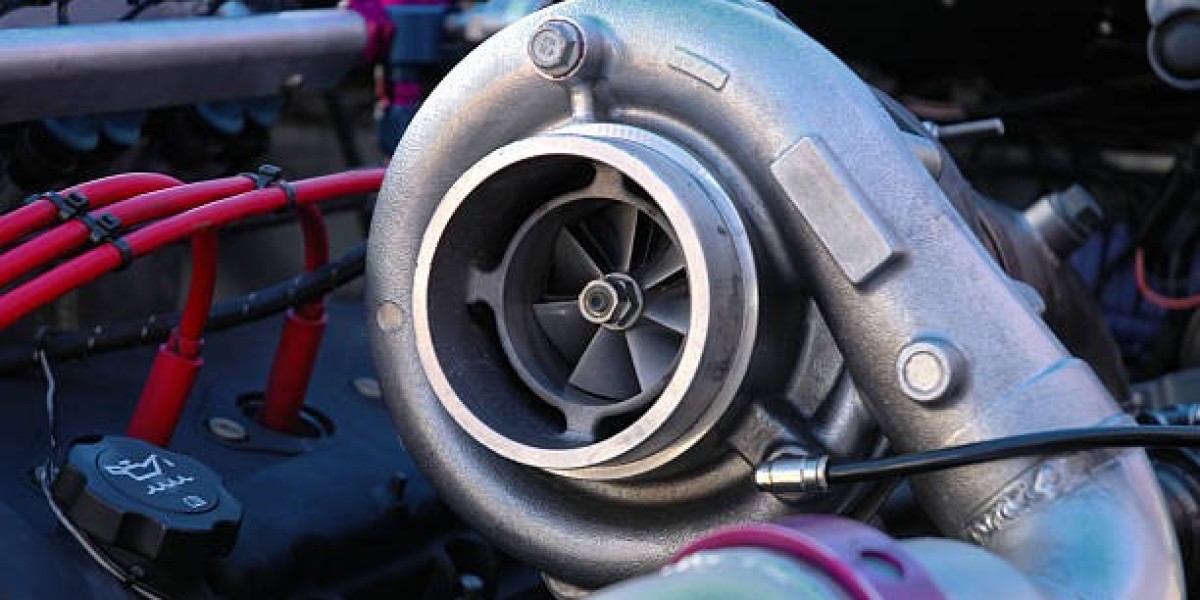The automotive world has been transformed by advancements in turbo technology, enabling vehicles to achieve higher performance and efficiency. Turbochargers have become a crucial component in modern engines, from high-performance sports cars to fuel-efficient family sedans. This article explores the intricacies of turbo technology, its benefits, and its impact on the automotive industry.
The Basics of Turbocharging
A turbocharger, commonly known as a turbo, is a device that increases an engine's power output by forcing extra air into the combustion chamber. This process, called forced induction, allows more fuel to be burned, resulting in a more powerful explosion and increased engine output.
The main components of a turbocharger include:
- Compressor: Draws in and compresses air before it enters the engine.
- Turbine: Driven by exhaust gases to power the compressor.
- Center Housing and Rotating Assembly (CHRA): Houses the shaft connecting the compressor and turbine, along with bearings and seals.
Evolution of Turbo Technology
Turbochargers have come a long way since their introduction in the early 20th century. Initially used in aircraft engines to improve high-altitude performance, turbos made their way into automotive applications in the 1960s and 70s. Early automotive turbos were often plagued by lag and reliability issues, but advancements in materials, engineering, and electronics have significantly improved their performance.
Modern turbo technology includes innovations such as:
- Variable Geometry Turbochargers (VGT): Adjust the angle of the turbine blades to optimize performance across a wide range of engine speeds, reducing lag and improving efficiency.
- Twin-Scroll Turbochargers: Use separate exhaust gas inlets to the turbine for improved energy delivery and reduced lag.
- Electric Turbochargers: Incorporate electric motors to spool up the turbo independently of exhaust gases, virtually eliminating lag and enhancing low-end performance.
Benefits of Turbocharging
Turbo technology offers numerous advantages over naturally aspirated engines:
- Increased Power and Torque: Turbos allow smaller engines to produce the power of larger engines, improving performance without a significant increase in weight.
- Improved Fuel Efficiency: By enhancing the efficiency of the combustion process, turbocharged engines can deliver better fuel economy.
- Reduced Emissions: Modern turbo systems can reduce emissions by ensuring a more complete burn of the air-fuel mixture.
- Enhanced Drivability: Improved torque at lower engine speeds makes for a more responsive and enjoyable driving experience.
Applications of Turbo Technology
Turbochargers are now ubiquitous in various automotive segments:
- Passenger Cars: Many manufacturers use turbocharged engines to meet stringent fuel efficiency and emissions regulations without sacrificing performance.
- Commercial Vehicles: Turbos help trucks and buses achieve better fuel economy and increased power for heavy-duty applications.
- Motorsports: Turbocharging is essential in many racing disciplines, providing the power needed to stay competitive.
The Future of Turbo Technology
The future of turbo technology looks promising, with ongoing research and development focused on further enhancing performance and efficiency. Key trends include:
- Hybrid Turbo Systems: Combining traditional exhaust-driven turbos with electric assist to improve responsiveness and efficiency.
- Advanced Materials: Utilizing lightweight and heat-resistant materials to improve durability and reduce turbo lag.
- Integration with Hybrid and Electric Vehicles: Leveraging turbo technology to enhance the performance of hybrid powertrains and increase the range of electric vehicles.
Conclusion
Turbo technology has revolutionized the automotive industry, enabling significant advancements in performance, efficiency, and emissions. As technology continues to evolve, turbochargers will play an increasingly vital role in the future of transportation. Whether powering high-performance sports cars or improving the efficiency of everyday vehicles, turbos are set to remain a cornerstone of automotive innovation.



